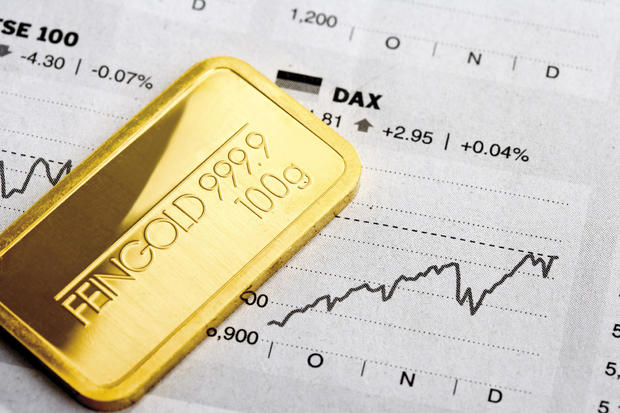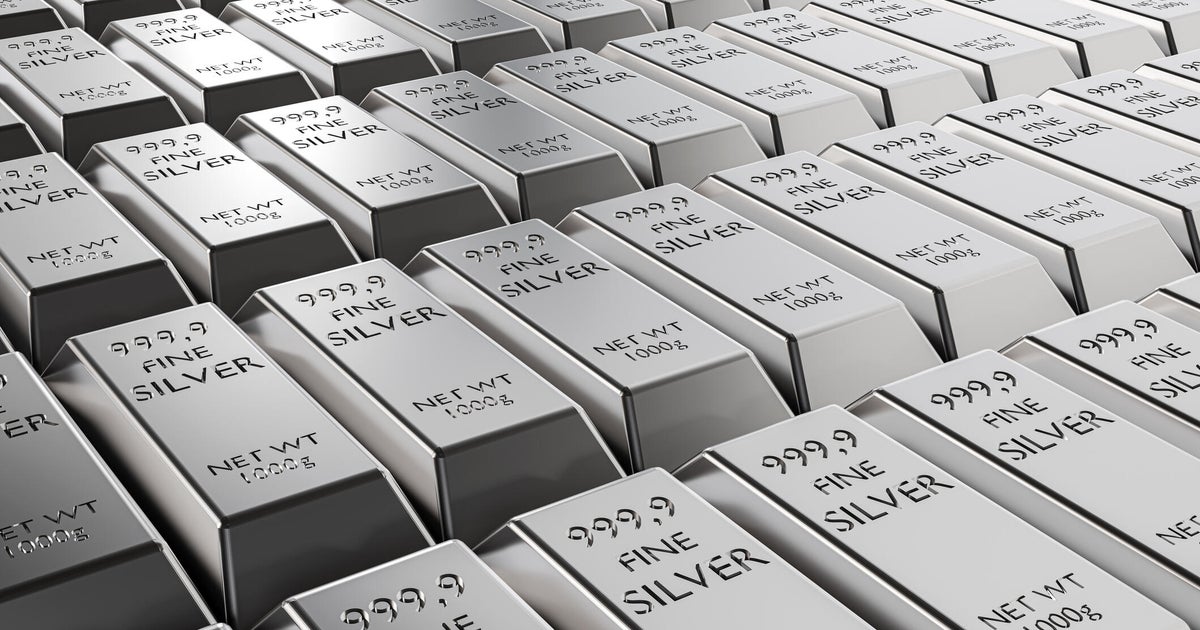What are gold futures?
Amid economic uncertainty and nagging inflation, many Americans are reviewing their investments and plotting their next move. One investment asset you might consider is gold, which comes with numerous benefits.
For example, gold is often seen as a hedge against inflation, as its price tends to rise when the value of the dollar decreases. Another benefit of gold is that it can diversify your portfolio. Generally, gold prices have an inverse relationship with the stock market, so if some of your stocks trend downward, you might offset your losses with your gold holdings.
You can invest in gold in different forms, such as gold bars and coins, gold IRAs, and mining company stocks. Another investing option is gold futures. In this article, we will dive deeper to understand how these assets work, their benefits and how to trade them. If you think you could benefit from investing in gold then start by requesting a free information kit to learn more.
What gold futures are
Gold futures are a legal contract between a buyer and seller to exchange and take delivery of a specific amount of gold at a predetermined price and date. One of the primary attractions of gold futures for investors is the ability to speculate on the price of gold.
As a buyer, you agree to take delivery of a predetermined amount of gold on a set date. But investors who buy gold futures typically sell them before the expiration date. In this scenario, you don't actually take possession of the gold because trading the contract enables you to capitalize on price fluctuations before the contract's expiration date.
Since gold is known as a reliable store of value, many investors buy futures contracts as a hedge against inflation. Additionally, some companies that manufacture products with gold material may invest in gold futures to lock in prices for the yellow metal.
The benefits of trading gold futures
Gold futures come with many investor benefits, such as:
- Lower price: Generally, you can trade a gold futures contract for a significantly lower price than the trading price for gold.
- "Call" or "put" contracts: Calls and puts allow investors to trade futures whether they think the price of gold will rise or fall.
- Strong liquidity: You can trade gold futures for nearly 24 hours a day, six days per week.
- Trade on margin: Many gold futures contracts allow you to trade on margin, giving you leverage for higher earnings. Be aware that trading in this manner can backfire and result in you owing more than your original purchase price.
If you think these gold options sound beneficial then start by requesting a free information kit to learn how to get started.
How to trade gold futures
If you opt to invest in gold futures, you'll need a brokerage account that allows futures trading. Gold futures, which are traded on the COMEX division of the New York Mercantile Exchange (NYMEX), are standardized with common features, such as:
- Specific gold quantity: Contracts usually are sold in sizes of 100, 33.2 or 10 troy ounces.
- Set delivery date: This date states when the contract begins.
- Predetermined expiration date: The contract is usually the last day you can trade the contract.
- Minimum price fluctuations: These are known as ticks, which are set by the exchange and vary by contract. Understanding the value of the tick can help you gauge how much you could potentially lose in an hour or day to help you determine the risk of a futures contract.
- Specific trading months: Gold futures contracts typically close in February, April, June, August, October or December.
Once you've signed up with a brokerage account that allows you to trade futures, you'll simply need to fund your account and use it to begin purchasing gold futures, just as you would if buying traditional stocks through a brokerage.
The bottom line
Gold futures can benefit anyone who wants to diversify their portfolio or who wants to lock in the price of gold. You might also take advantage of gold futures to profit whether the price of gold is going up or down. If you're experienced in trading futures, you might consider investing in gold futures to be able to trade with leverage.
As mentioned, the risks involved in gold futures are substantial, so they're not ideally suited for beginning investors. Consult your financial advisor before investing in gold futures. To get more acquainted with gold, request a free information kit and learn more or use the table below to explore some gold investing options now.




